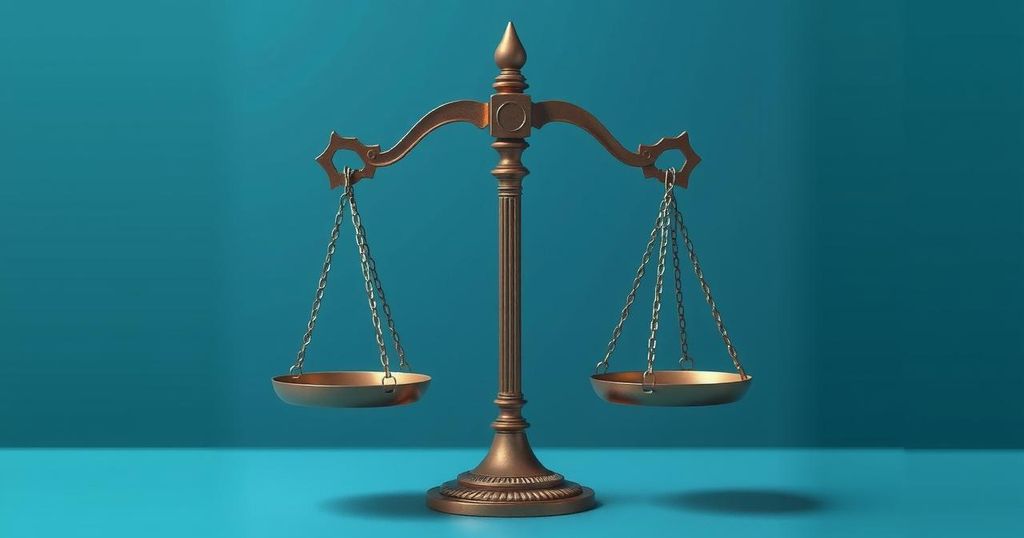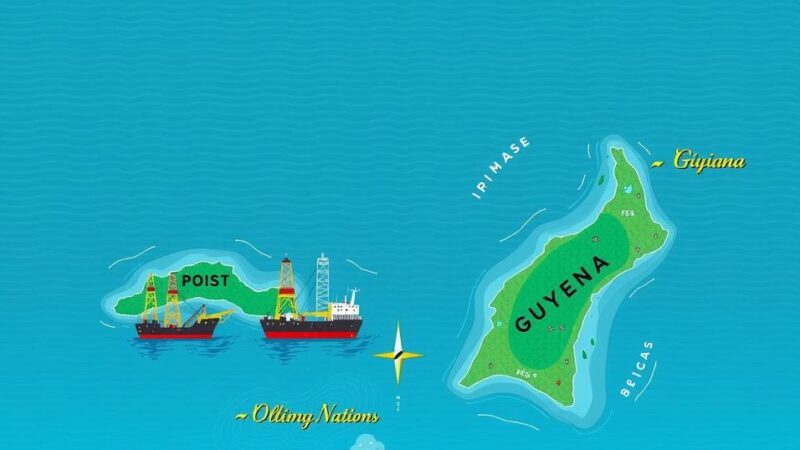The Justice Department is resisting a judge’s demands for details on deportation flights to El Salvador, claiming it infringes on executive authority. U.S. District Judge Boasberg requires answers regarding flight logistics in response to a temporary halt on deportations. Tensions escalate following the administration’s claim of an invasion by a Venezuelan gang, despite court orders. This case exemplifies ongoing conflicts between the judiciary and the executive branch.
The Justice Department is currently in a legal conflict with a federal judge regarding the provision of details about deportation flights to El Salvador. The department argues that these inquiries infringe on executive authority and should not be mandated by the judiciary. Tensions have escalated following a judge’s order, which temporarily halted deportations under an 18th-century wartime declaration.
U.S. District Judge James E. Boasberg has tasked the Trump administration with answering several key questions about the deportation flights, including logistical details such as takeoff and landing times. The Justice Department, however, maintains that such requests encroach on national security and foreign policy, indicating a readiness to invoke the “state secrets privilege” to withhold specific information.
In the judge’s subsequent directive, the administration is required to either fulfill the request for information or justify its need to withhold details by citing potential harm to state secrets. Boasberg challenged the government’s assertion that his inquiries represented unwarranted judicial overreach, emphasizing that transparency is crucial for determining whether the administration has violated directives regarding the deportation of individuals to an El Salvador prison.
President Trump has leveraged the Alien Enemies Act, previously invoked under rare circumstances, claiming it is necessary due to an alleged invasion by the Venezuelan gang Tren de Aragua. Despite Boasberg’s orders against deportations, reports confirmed that deportees had arrived in El Salvador shortly after the directive. Throughout this discourse, administration officials have contended that the judiciary should not dictate how the executive branch operates in matters of national defense.
Furthermore, prior to the judge’s order, it was indicated that two planes had already departed before the injunction, while the third flight that left subsequently did not carry anyone covered under the law. The administration reported that approximately 261 individuals were deported, amongst which 137 were subject to the aforementioned proclamation.
In summary, the ongoing dispute between the Justice Department and U.S. District Judge James E. Boasberg revolves around the necessity for transparency regarding deportation flights. The department argues for the non-interference of the judiciary in executive matters, particularly relating to national security. Despite a temporary halt on deportations, reports indicate actions were taken contrary to the court’s directives, raising questions about adherence to legal boundaries. This complex situation highlights broader tensions between the branches of government regarding immigration policy and executive authority.
Original Source: apnews.com






